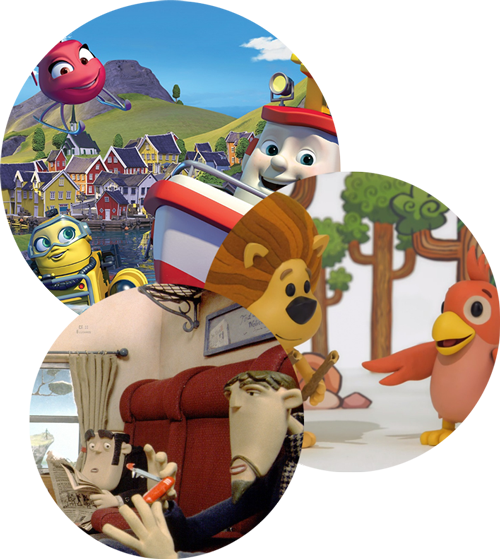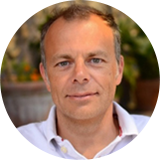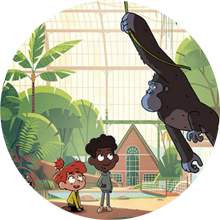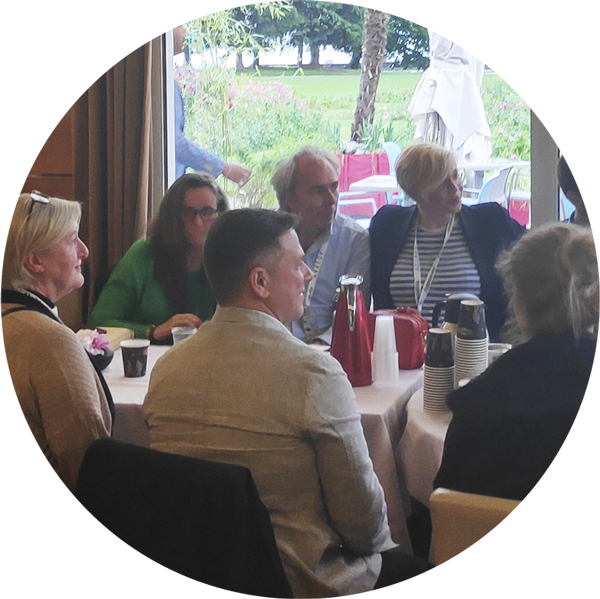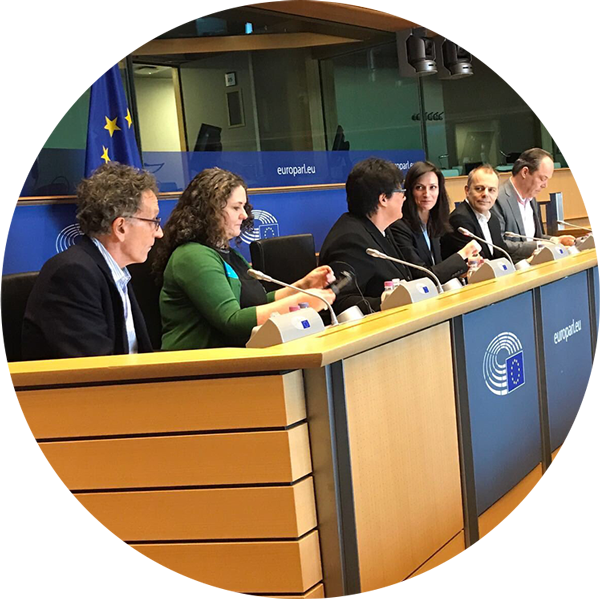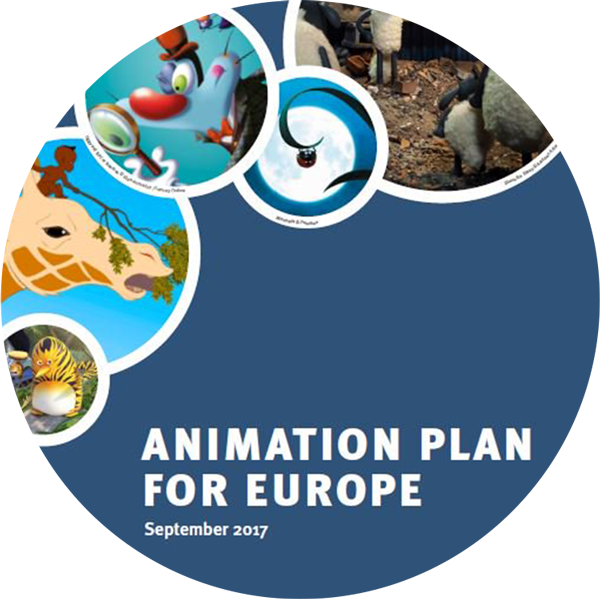Animation in Europe
ANIMATION in EUROPE federates Animation Producers Associations from 24 countries of the European Union, plus Norway and UK, to stand for the development of the animation industry in Europe and defend the interests of independent producers and distributors of series and films.
The federation aims at getting any network and any on-line video provider which target a European audience to invest into the production of original content in Europe, securing the public financing available at the European, national and/or local levels for the production of animated films and series produced in Europe and having a regular and constructive dialogue with the European authorities on the regulation and the financing of the animation industry.



